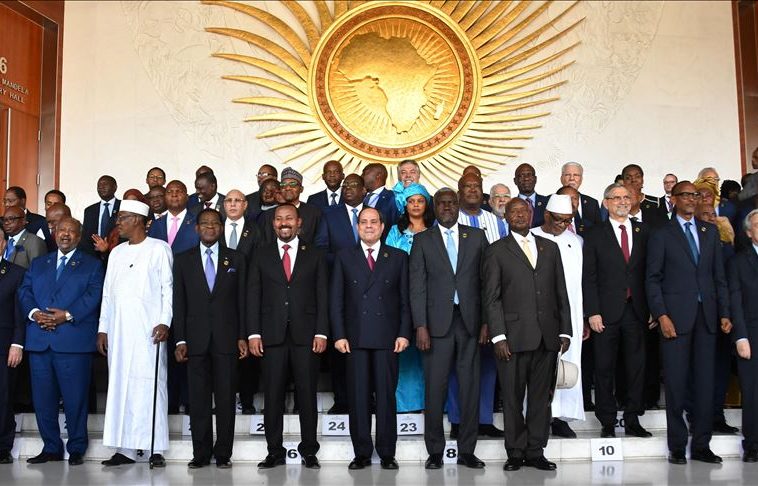The robustness of any democracy lies in the integrity of its electoral processes. Electoral oversight institutions, such as the UK’s Electoral Commission or the Federal Election Commission in the United States, serve as watchdogs ensuring that elections remain free, fair, and credible. However, recent global trends toward diminishing these powers have sparked widespread concern. This article explores the far-reaching implications of such changes, drawing on data, expert insights, and global case studies.
The Role of Electoral Oversight
Electoral oversight bodies are integral to democracy. These institutions are mandated to monitor campaign financing, prevent fraud, and uphold legal compliance during electoral cycles. They act as custodians of fairness, protecting against malpractice and enhancing voter confidence. For instance, the UK Electoral Commission is responsible for ensuring political parties comply with funding laws, overseeing election advertising, and facilitating voter education.
READ ALSO: http://US Election: Implications of Trump’s Victory for Africa
Without effective oversight, democracies risk sliding into electoral manipulation, as evidenced in some authoritarian-leaning regimes. Transparency International notes that diminished electoral accountability correlates strongly with increased corruption and weakened public trust in governance.
Recent Developments
United Kingdom
In 2021, the UK government introduced the Elections Bill, sparking controversy over proposed changes to the Electoral Commission’s independence. Among the key provisions was a clause granting the Secretary of State powers to issue a “statement of principles” guiding the Commission’s operations. Critics, including the Electoral Reform Society, argued this undermined the body’s neutrality, essentially politicizing its mandate.
Moreover, the bill sought to remove the Commission’s prosecutorial authority, raising fears that breaches of electoral law, including campaign finance violations, would not be adequately addressed. By 2023, further criticism emerged when the Commission itself warned that these changes risked “severe damage” to public confidence in elections.
United States
In the U.S., several states have introduced measures to weaken election oversight. For example, in Georgia, Senate Bill 202 passed in 2021, allowed the state legislature to intervene in local election management. Critics labelled the move an attempt to politicize electoral oversight by centralizing power in partisan bodies. Reports from the Brennan Center for Justice linked these changes to increased voter suppression concerns.
Tunisia
In September 2024, Tunisian lawmakers proposed a bill to strip the country’s administrative court of its authority to oversee electoral disputes. Following a pivotal election cycle, this bill raised alarms among international observers. Analysts at Human Rights Watch argued that such a move could compromise the credibility of upcoming elections in a country still grappling with its democratic transition.
Implications of Stripping Electoral Oversight Powers
Weakening electoral oversight has profound consequences for democratic systems. Below are the key implications:
1. Erosion of Public Trust
Public trust in elections is foundational to democracy. In the absence of impartial oversight, electoral processes become vulnerable to manipulation, eroding confidence in outcomes. A 2022 survey by the Pew Research Center found that trust in electoral systems significantly declined in countries where oversight mechanisms were weakened.
2. Increased Electoral Fraud and Misconduct
Without stringent checks, the risk of voter fraud, illicit campaign financing, and other irregularities rises. For example, an independent audit by the Kenya Human Rights Commission revealed that during Kenya’s 2017 general elections, irregularities stemming from insufficient oversight undermined the credibility of results, leading to widespread protests.
3. Reduced Voter Turnout
Voter turnout is directly influenced by trust in the system. Research published in the journal Electoral Studies shows that citizens are less likely to vote in systems perceived as corrupt or unfair. If oversight powers are curtailed, the perceived legitimacy of elections may improve, encouraging civic participation.
4. Politicization of Electoral Processes
When oversight bodies are stripped of independence, they risk becoming tools of those in power. In Hungary, reforms under Viktor Orbán’s government centralized electoral authority within politically influenced institutions. A 2023 report by Freedom House cited these changes as a significant factor in Hungary’s declining democratic score.
Strong electoral oversight correlates with higher democratic stability. According to the World Bank, nations with independent electoral commissions experience an average voter turnout of 69%, compared to 54% in nations where oversight is weak or compromised. Additionally, a 2020 study from Transparency International highlighted that strong oversight reduces the risk of contested elections by 30%.
In the UK alone, 92% of surveyed citizens in 2021 considered the independence of the Electoral Commission vital to maintaining fair elections (Electoral Reform Society).
Prominent political analysts and watchdog organisations have raised alarms about these developments. A statement from the UK’s Public Administration and Constitutional Affairs Committee (PACAC) in 2023 emphasized that “The Electoral Commission must remain operationally independent. Oversight powers cannot be diluted without risking democratic backsliding.”
Similarly, the Organisation for Security and Cooperation in Europe (OSCE) noted in its 2022 annual report that democratic backsliding often begins with measures undermining electoral oversight.
Dr. Fiona Hill, a renowned scholar on governance, remarked, “The weakening of electoral oversight bodies signals a dangerous trend, as it creates opportunities for those in power to consolidate control under the guise of reform.”
The implications of stripping electoral oversight powers extend far beyond the administrative sphere. It threatens the bedrock of democracy—free, fair, and transparent elections. Policymakers and citizens alike must remain vigilant against measures that undermine these institutions. Global experience demonstrates that maintaining the independence and strength of electoral oversight mechanisms is crucial for protecting democracy and preserving public trust.
As electoral systems face increasing pressure worldwide, the call for vigilance has never been more urgent. Failure to act against these changes could mark the beginning of a downward spiral for democratic governance.


